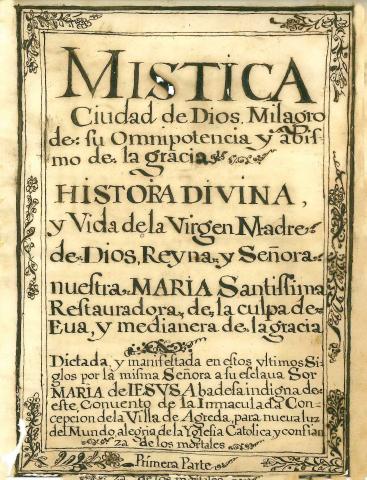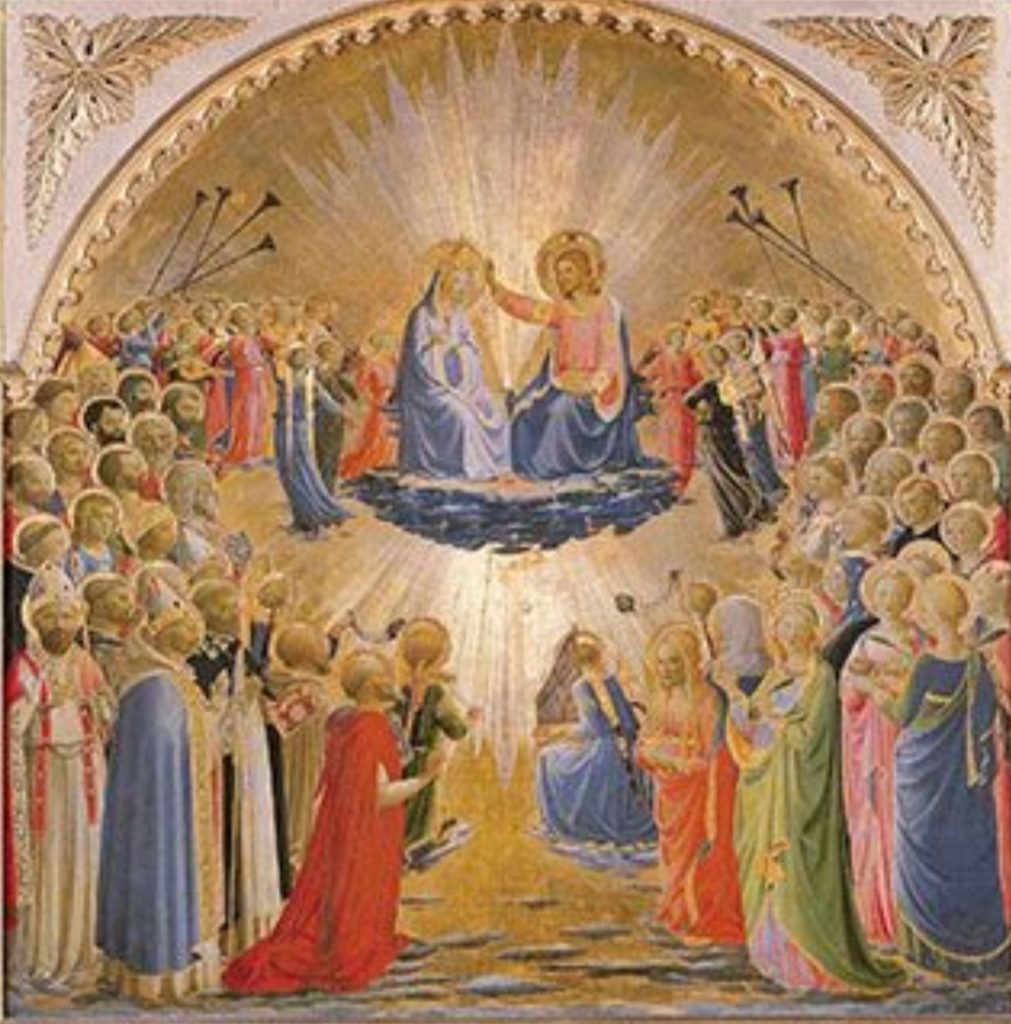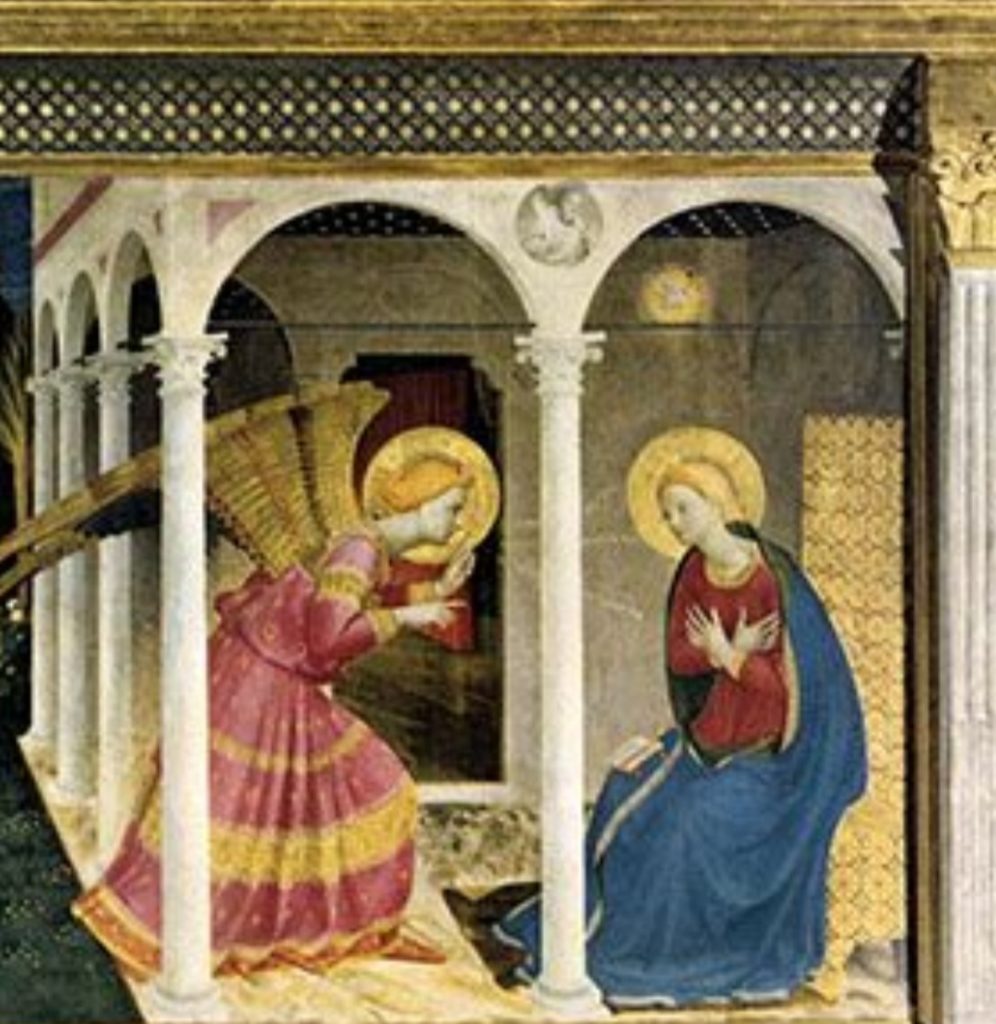How (can we) explain this conduct on the part of Divine Providence? It is because there are really two people in each of us. “Divine love and self-love live in our hearts, as Jacob and Esau in the womb of Rebecca. These two are irreconcilably opposed to each other, and are always in conflict. ‘ Thou hast two nations in thy womb,’ said the Lord to Rebecca, ‘ and two peoples shall be divided out of thy womb, and one people shall overcome the other, and the elder shall serve the younger ‘ (Gen., xxv, 23). The soul similarly has two loves in her heart, and consequently two distinct colonies of movements, affections and passions. And just as Rebecca’s two infants, by the contrariety of their movements, caused their mother painful convulsions, so the two loves in the soul keep our hearts in a state of trouble and unrest. But it is necessary, here also, that the elder shall serve the younger, that is to say, that sensual love shall be subjected to the love Of God.” (St Francis de Sales)
Self-love manifests itself by the horror of suffering, the seeking after enjoyment, and particularly by pride. Hence arises that intestine war of which the Apostle complains, a war that is always fierce and persistent, but more violent in the case of certain persons, or with regard to certain objects, or at certain ages, certain times, or on certain occasions. Even in those who have made some progress in spirituality there is usually a hidden fund of self-love, a delicate, almost imperceptible pride, whence issue a swarm of imperfections of which they are hardly conscious: vain self-complacencies, vain fears, vain desires, conceited manners, suspicions criticisms of others, an entire world of miseries, weaknesses’ and peccadilloes. What, then, is the remedy? Assuredly’ Christian mortification. To this, therefore, we must devote ourselves, and we must practice it with perseverance and method, relying on the assistance of grace. But sometimes we shall not have sufficient light, and sometimes our courage will fail us; and we shall never completely vanquish this almost invisible foe, which forms a part of ourselves, unless God comes to our aid by the action of His Providence.
He has two ways of doing this: the way of sweetness and the of holy severity. When a soul begins to give Herself to Him, He favors her with an abundance of sensible consolations, in order to draw her to Himself and to wean her away from worldly pleasures. She detaches herself little by little from creatures and clings to God, but in an imperfect manner. For it is the common failing of such unformed souls to seek their own satisfaction in everything they do. And divine consolations are precisely the most delicate nourishment both of pride and of spiritual gluttony. By the subtle artifices of self- love, we appropriate the gifts of God; we are happy to be in this or that state; and instead of thanking therefore God’s infinite mercy, we attribute our happiness to our own merit, at least in the secret sentiments of our hearts. Therefore, in order to complete the destruction of self- love, God Himself must deal it many a hard blow through interior trials. These blows will be painful, indeed, but infallibly effective.
‘Holy Abandonment’ by Reverend Abbot Dom Vitalis Lehodey O.C.R (Trappist)






Recent Comments